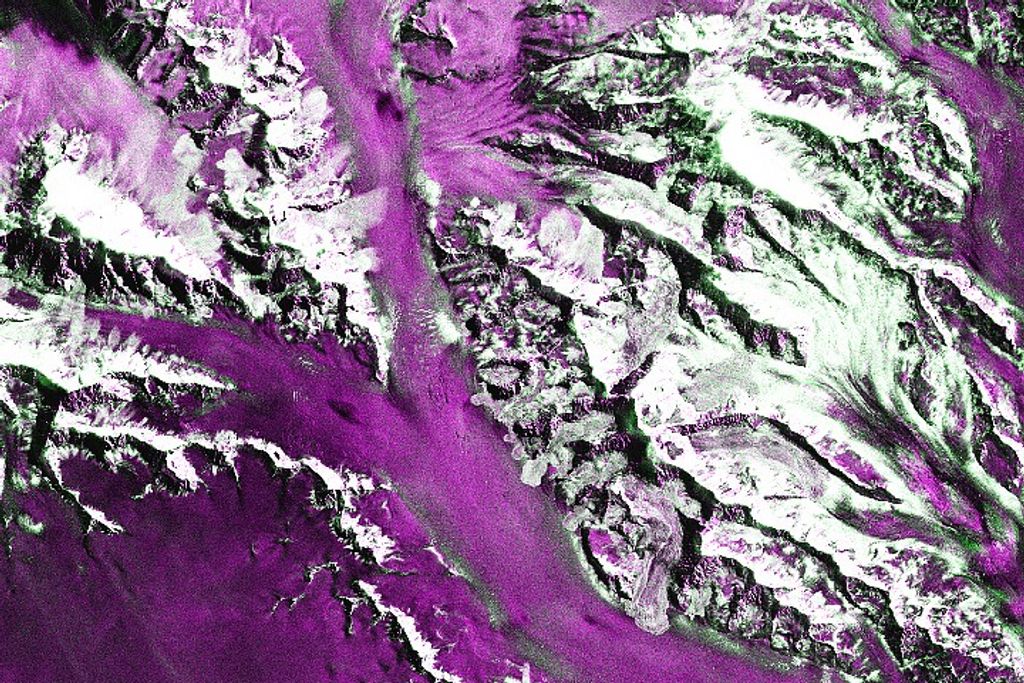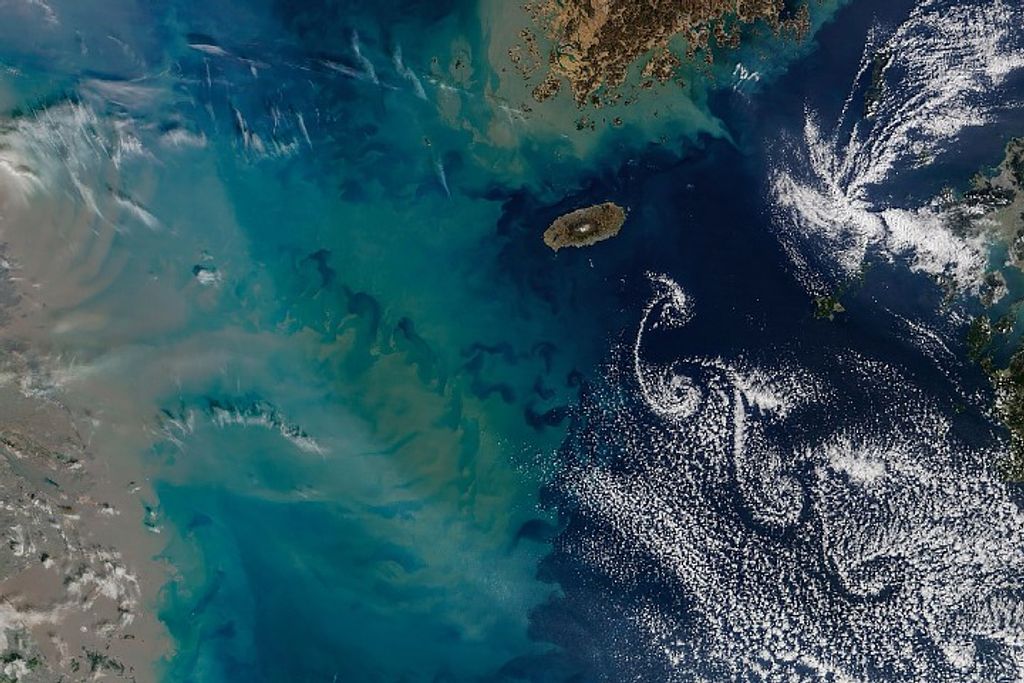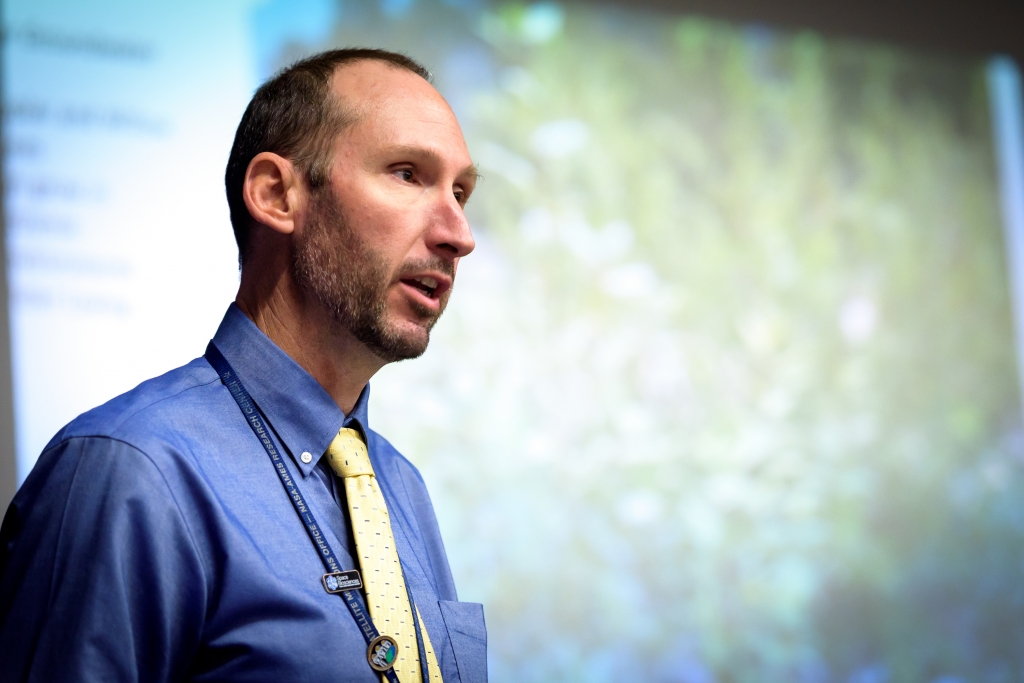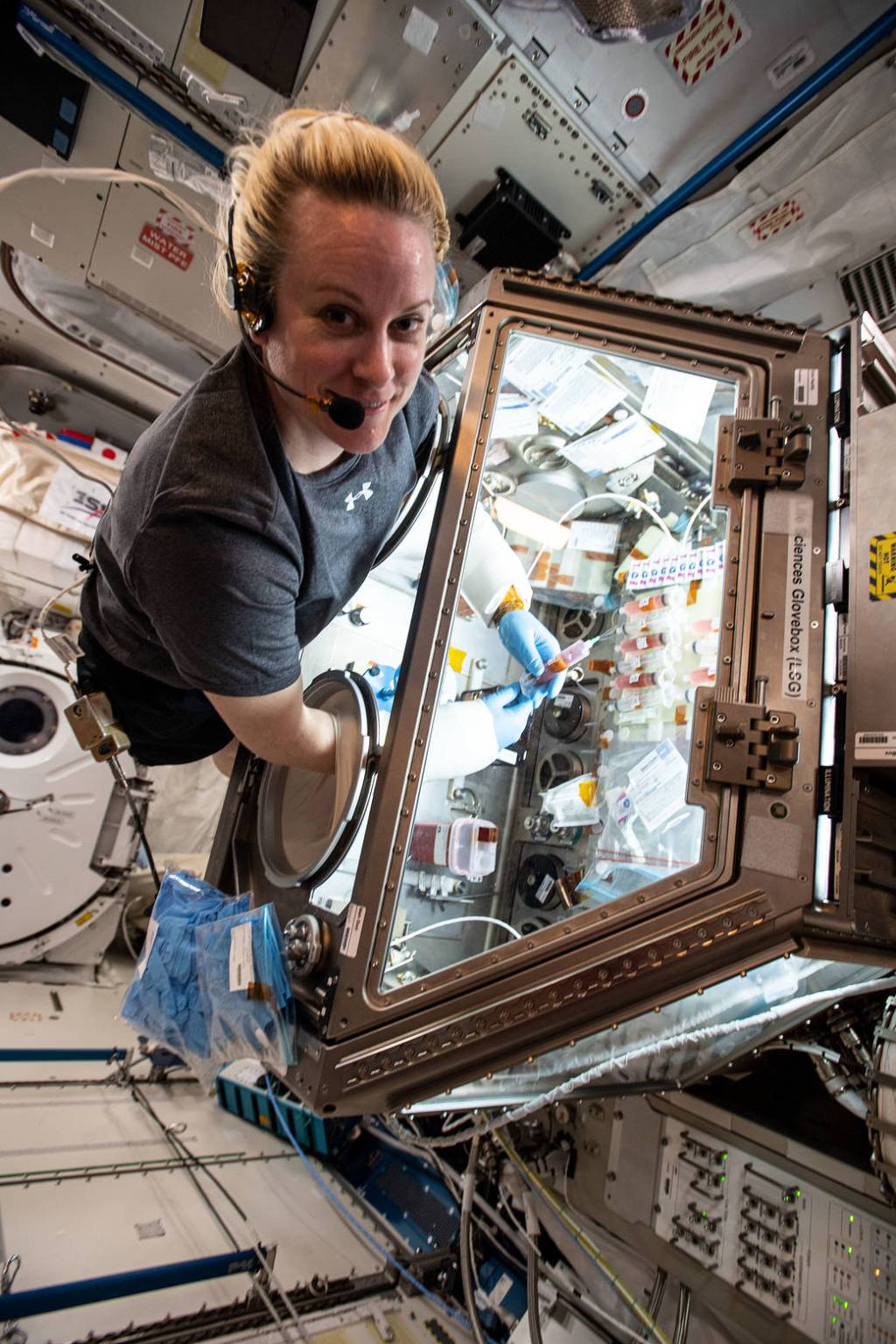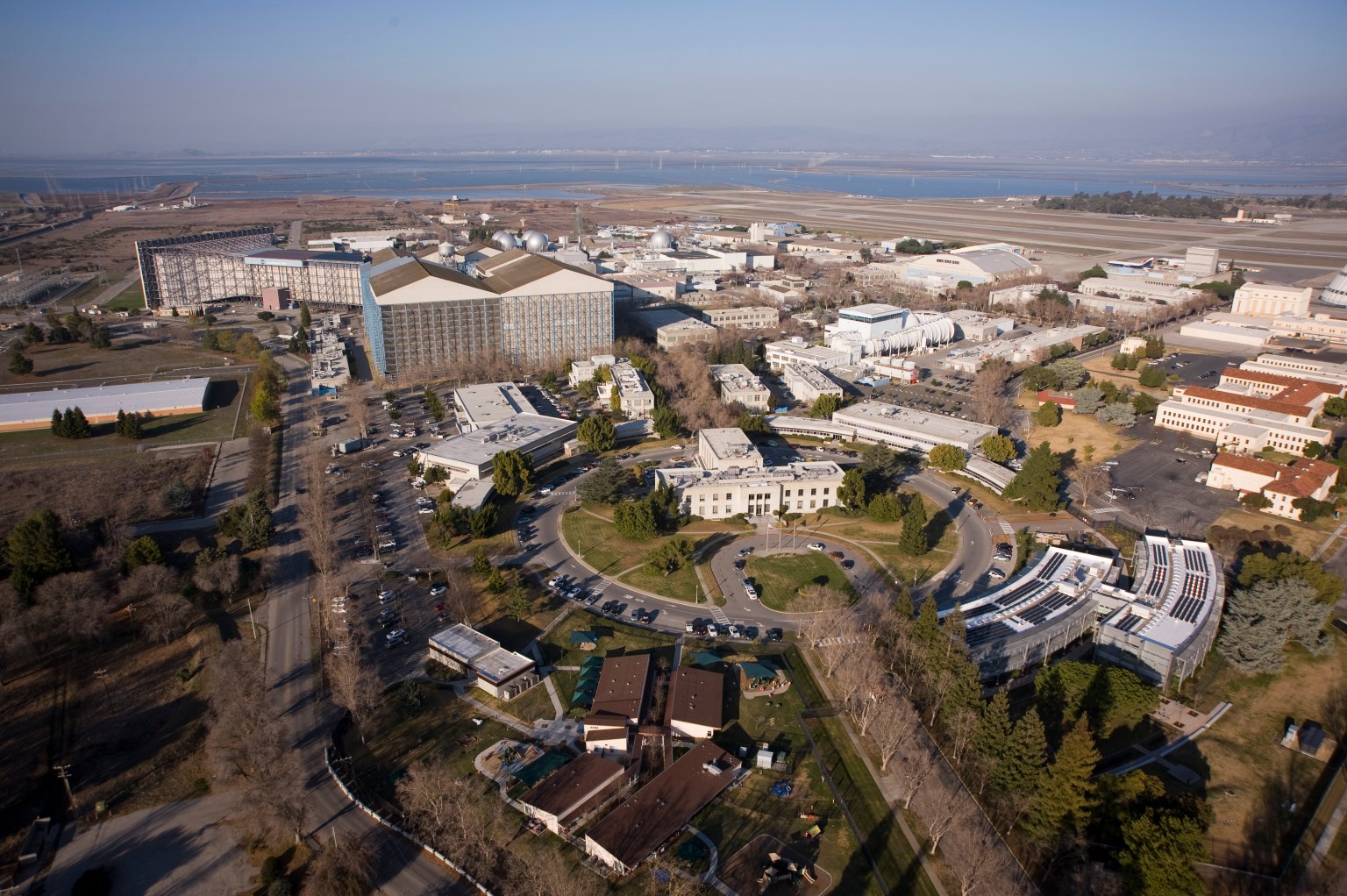Dr. John Freeman: Native Bacterial Endophyte Inoculated Poplar Trees for Effective Phytoremediation of TCE in Groundwater
Abstract:
A bacterial endophyte living inside poplar trees was isolated characterized and used at many groundwater plume sites for the phytoremediation of chlorinated solvent Trichloroethylene (TCE) and its associated derivatives. Studies conducted at NASA Ames Research Park over a 5-year field trial of endophyte enhanced poplar tree phytoremediation of TCE-contaminated groundwater at the MEW Superfund site will be presented. Trees were strategically placed to intersect the TCE plume as it enters the NRP base. The endophyte inoculated trees exhibited increased growth and reduced visually apparent TCE phyto-toxicity symptoms. The endophyte-induced TCE tolerance phenotype was further characterized by tree core GCMS and soil rhizosphere analyses demonstrating increased TCE degradation in trees. This is in support of the previous liquid culture lab experimental findings of endophyte bio-degradation of, and tolerance to TCE. Subsequent groundwater analyses demonstrated a drastic decrease of TCE in the shallow groundwater plume correlated with the poplar trees. We believe a lower cost bio-phytoremediation system can help reduce contaminant loads in groundwater and mitigate building vapor intrusion by creating adjacent zones of groundwater depression and by degrading TCE inside trees.
Biography:
Dr. John L. Freeman is a plant biogeochemist and the Chief Science Officer for Intrinsyx Technologies Corporation headquartered at NASA Ames Research Park. He holds a dual major Bachelor of Sciences degree in Environmental Sciences and Microbiology and a Ph.D. from Purdue University in Plant Biochemistry with a research focus on the molecular biology of metal hyperaccumulator plants. Dr. Freeman has utilized a wide variety of molecular techniques for conducting plant biology and phytoremediation research and has experience in leading environmental phytoremediation teams and directing research projects at a variety of top tier universities, state and federal research facilities. He has been published over 30 times in top tier peer reviewed scientific journals and consults for both industry and governmental agencies. Dr. Freeman uses a world class collection of plants, grasses, trees and bacteria that are a pre-requisite for cost effectively remediating both inorganic and organic contaminants on a variety of polluted sites, including those that have mixed wastes. Dr. Freeman works on Phytoremediation projects within a larger network of International Phytotechnology Society consultants utilizing bio-technologies provided by decades of research.









